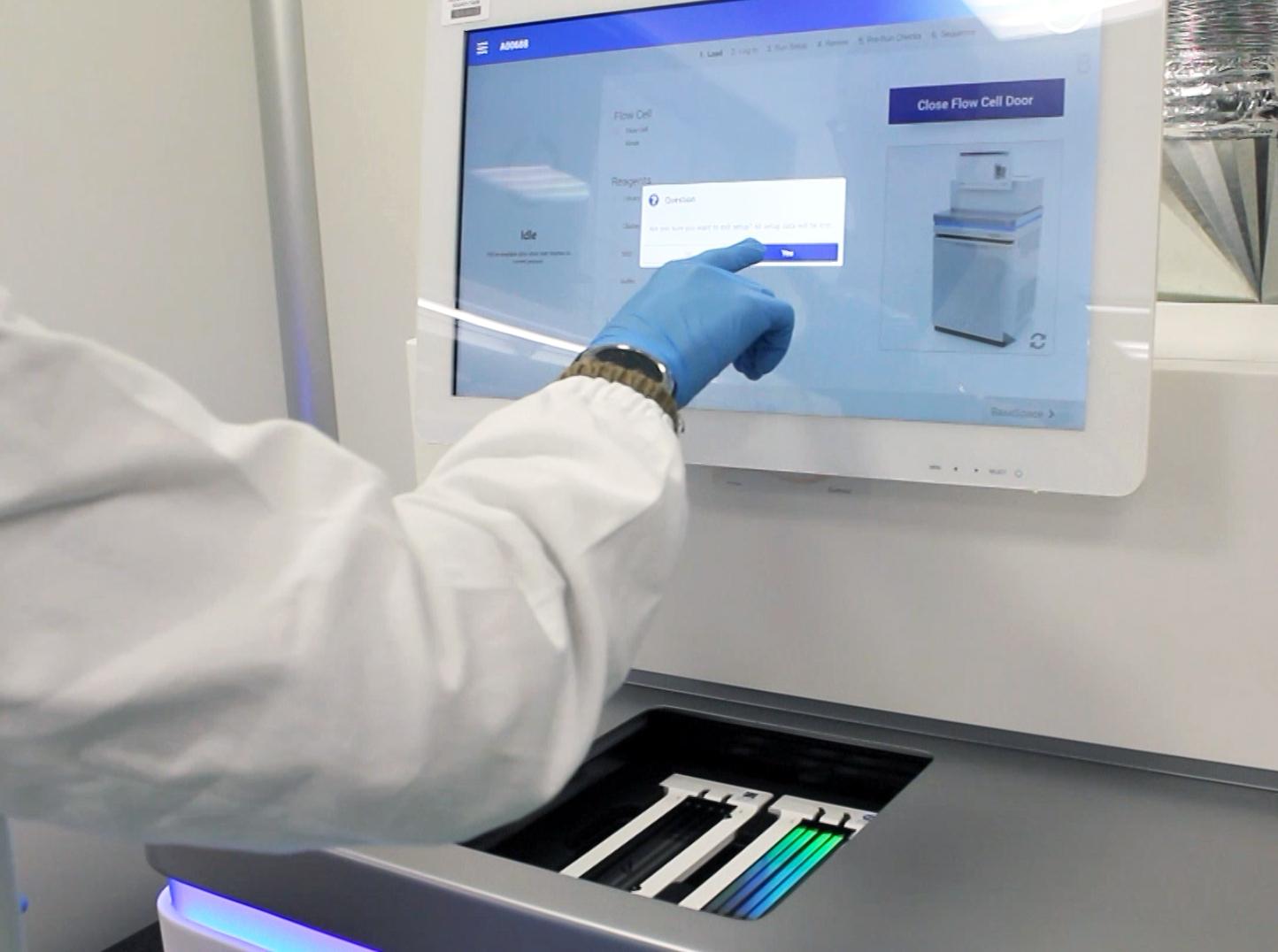
Bambino Gesù Children's Hospital: "Discovery of a drug that traps the Sars CoV-2 coronavirus, called "I3C"".
The drug that traps COVID-19 has been discovered in Italy: it is called “I3C” and it stops the virus from leaving cells. This is the result of an international study involving researchers at the Bambino Gesù Children’s Hospital for genome sequencing and the identification of genetic variants that favour COVID-19 infection.
The publication in the journal Cell Death & Disease (Nature) of the study involving I3C
The journal Cell Death & Disease (Nature) has published an international study on COVID-19 coordinated by Professors Giuseppe Novelli (University of Tor Vergata – University of Nevada, USA) and Pier Paolo Pandolfi (University of Turin – University of Nevada, USA), in collaboration with the Bambino Gesù Hospital (Rome), Istituto Spallanzani (Rome), San Raffaele University (Rome) and several US (Harvard, Yale, Rockefeller, NIH, Mount Sinai, Boston University), Canadian (University of Toronto) and French (INSERM Paris, Hôpital Avicenne) institutions.
The international team identified a class of enzymes (E3-ubiquitin ligases) needed by the SARS-CoV-2 virus to leave infected cells and spread to all tissues in the body.
These same proteins have a similar effect on other viruses such as Ebola.
Researchers have shown that levels of these enzymes are elevated in patients’ lungs and other tissues infected with the virus.
The study also identified rare genetic alterations in the genes coding for these proteins in a subset of patients (about 1300) with a severe form of the disease selected from the cohorts of the International Consortia: COVID Human Genetic Effort, French COVID Cohort Study Group, CoV-Contact Cohort, and Healthy Nevada Project.
These alterations increase enzyme activity and favour the exit of the infecting virus.
The genetic mutations that favour the development of the COVID-19 infection have been identified at the Bambino Gesù Children’s Hospital: researchers from the Medical Genetics Laboratories, led by Prof. Antonio Novelli, with the aid of NGS – Next Generation Sequencing platforms have sequenced the genome of the 130 Italian patients (adults and paediatric) enrolled in the study, tracing the variants of the genes (HECT, WWP1 and NEDD4) involved in the virus multiplication process.
The team demonstrated that the activity of E3-ubiquitin ligase enzymes can be inhibited by a natural compound that is well-tolerated by the human body, known as Indole-3 Carbinol (I3C), and therefore potentially usable as an antiviral in a single form or in combination with other therapies.
The I3C compound has been shown to block, in vitro, the exit and multiplication of the virus from infected cells.
I3C could be rapidly approved as it is already used for other treatments, once its efficacy in COVID-19 patients has been demonstrated
The study, co-funded by the Fondazione Roma, contributes to the understanding of the molecular mechanisms that govern the life cycle of SARS-CoV-2, paving the way for the identification of host-pathogen relationships necessary for the identification and development of new drugs capable of interfering with viral replication, blocking its transmission.
“A vaccine,” says Prof. Giuseppe Novelli, “is only a prophylactic measure.
We need to test the drug in clinical trials with Covid-19 patients to rigorously assess whether it can prevent the onset of severe and potentially fatal symptoms.
Having options for treatment, particularly for patients who cannot be vaccinated, is of paramount importance to save more and more lives and contribute to better public health status and management”.
“We need to think long-term,” says Prof. Pier Paolo Pandolfi.
“Vaccines, while very effective, may no longer be so in the future, because the virus mutates, and therefore more weapons are needed to fight it.
The discovery on I3C is important, and we now need to start clinical trials to demonstrate its potential effectiveness.
It will be important to assess whether I3C can also reduce the very serious clinical complications that many patients experience after they have overcome the acute phase of infection.
This will be a major problem in the years to come, which we will have to manage.
We also need to move forward in drug research, to identify additional compounds and therapies that are effective now for Covid-19, and for other viruses that we will face in the future.
Read Also:
Bambino Gesù Hospital And University Of Genoa: Study On New Stem Cells In Viral Infections


